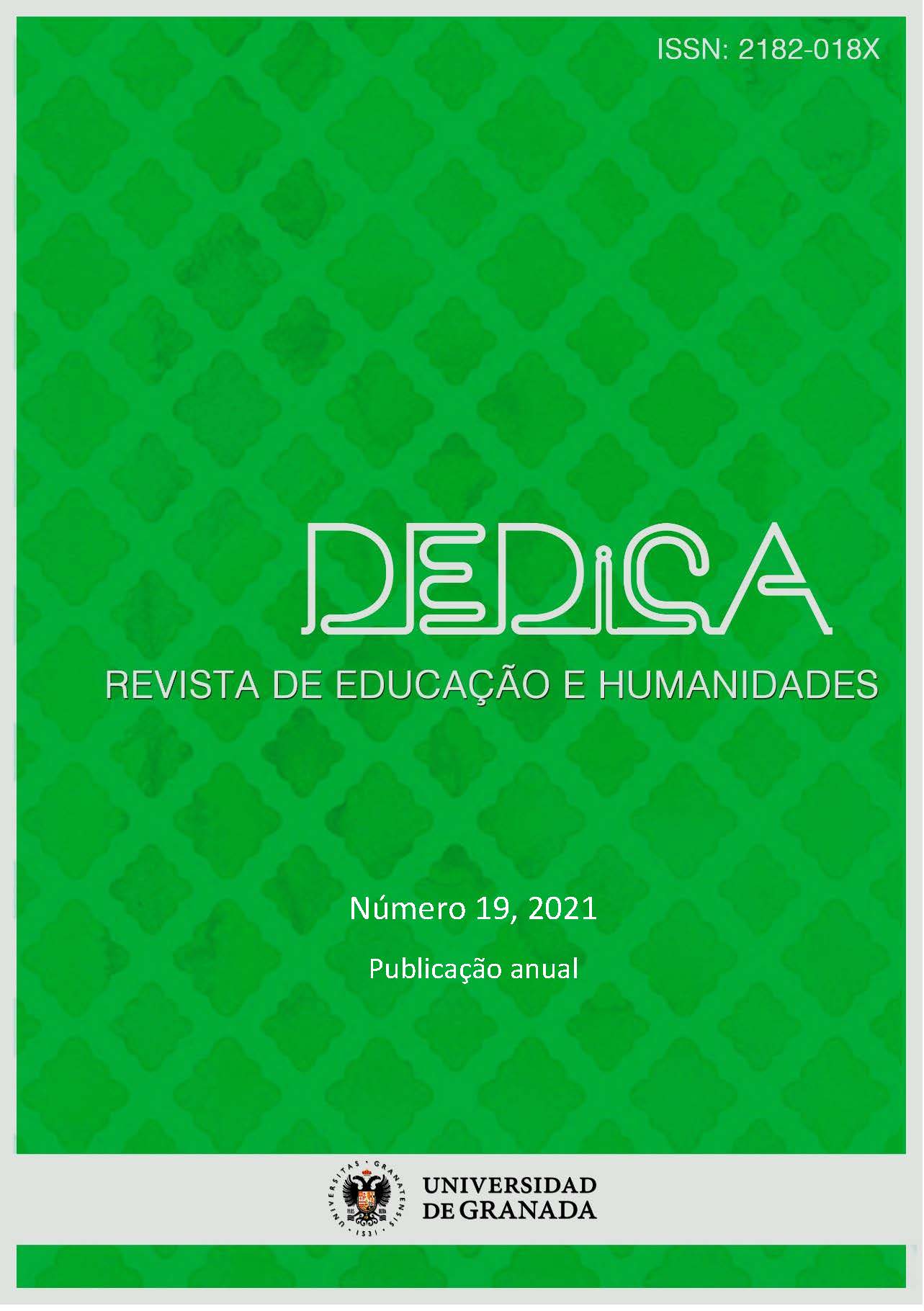Impacto de la enseñanza musical en las competencias lingüísticas y matemáticas. Estudio comparativo en una escuela de Educación Primaria
DOI:
https://doi.org/10.30827/dreh.vi19.21937Palabras clave:
competencias básicas; competencias lingüísticas; competencias matemáticas; Educación Musical; Educación PrimariaResumen
Este estudio tiene por objetivo analizar el impacto de la Enseñanza Musical (programa equivalente al grado elemental de música) en la mejora de las competencias lingüísticas y matemáticas del alumnado de Educación Primaria. Para ello se desarrolla un estudio de enfoque cuantitativo correlacional a partir de los resultados de las Pruebas de Evaluación de competencias básicas en catalán, castellano, inglés y matemáticas de 679 alumnos de sexto curso, correspondientes a los cursos 2010 al 2019. La muestra se conforma con 481 alumnos de Educación Primaria Ordinaria y 198 de Educación Primaria con Enseñanza Musical.
Los resultados del análisis estadístico descriptivo e inferencial muestran una mayor calificación media para los alumnos que cursan Enseñanza Musical, que va de 0,81 puntos en matemáticas a 1,13 puntos en inglés. La incidencia de la formación musical se detecta significativa el tercer año en la competencia lingüística y el quinto en la matemática.
Descargas
Citas
Arias-Rodriguez, I.; Nascimento, J.; Voigt, M.; Santos, F. (2019). Numeracy musical training for school children with low achievement in mathematics. Anales de Psicología, 35(3), 405-416. Epub 30 de noviembre de 2020. doi: 10.6018/analesps.35.3.340091
Forgeard, M.; Winner, E.; Norton, A.; Schlaug, G. (2008). Practicing a musical instrument in childhood is associated with enhanced verbal ability and nonverbal reasoning. PLoS-One, 3(10): e3566. doi: 10.1371/journal.pone.0003566
Franklin, M.; Moore, K.; Yip, C. Y.; Jonides, J.; Rattray, K.; Moher, J. (2008). The effects of musical training on verbal memory. Psychology of Music, 36(3), 353-365. doi: 10.1177/0305735607086044
Gottfried, T. L.; Staby, A. M.; Ziemer, C. J. (2004). Musical experience and Mandarin tone discrimination and imitation. The Journal of the Acoustical Society of America, 115, 2545–2545. doi:10.1121/1.4783674
Hallam, S. (2015) The Power of Music: A research synthesis of the impact of actively making music on intellectual, social, and personal development of children and young people. London: International Music Education Research Centre.
Hallam, S. (2010) The power of music: Its impact on the intellectual, social, and personal development of children and young people. International Journal of Music Education, 28(3), 269-289. doi: 10.1177/0255761410370658
Hetland, L. (2000). Learning to make music enhances spatial reasoning. Journal of Aesthetic Education, 34(3/4), 179–238. doi: 10.2307/3333643
Ho, Y. C.; Cheung, M. C.; Chan, A. S. (2003) Music training improves verbal but not visual memory: Cross-sectional and longitudinal explorations in children. Neuropsychology, 17(3), 439–450. doi: 10.1037/0894-4105.17.3.439
Holmes, S.; Hallam, S. (2017). The impact of participation in music on learning mathematics. London Review of Education, 15(3), 425-438. doi: 10.18546/LRE.15.3.07
Jakobson, L.; Lewycky, S.; Kilgour, A.; Stoesz, B. (2008). Memory for verbal and visual material in highly trained musicians. Music Perception, 26(1), 41-55. doi: 10.1525/mp.2008.26.1.41
Raja, V.; Bhalla, D. O. (2020). Impact of Carnatic music training on the mathematical ability of children. Early Child Development and Care, 15(1), s.p. doi: 10.1080/03004430.2020.1832484
Rauscher, F. H.; Hinton, S. C. (2011) Music instruction and its diverse extra-musical benefits. Music Perception, 29(2), 215–226. doi: 10.1525/mp.2011.29.2.215
Rauscher, F. H.; Zupan, M. A. (2000). Classroom keyboard instruction improves kindergarten children's spatial-temporal performance: A field experiment. Early Childhood Research Quarterly, 15(2), 215–228. doi: 10.1016/S0885-2006(00)00050-8
Rauscher, F. H. (2003) Can music instruction affect children’s cognitive development? ERIC Digests. Id: ED480540, 1-17. https://eric.ed.gov/?id=ED480540
Ribeiro, F. S.; Santos, F. H. (2020). Persistent Effects of Musical Training on Mathematical Skills of Children with Developmental Dyscalculia. Front. Psychol. 10:2888, 1-15. doi: 10.3389/fpsyg.2019.02888
Schellenberg, E. G. (2004). Music Lessons Enhance IQ. Psychological Science, 15(8), 511-514. doi: 10.1111/j.0956-7976.2004.00711.x
Schlaug, G.; Norton, A.; Overy, K.; Winner, E. (2005). Effects of Music Training on The Child’s Brain and Cognitive Development. Annals of the New York Academy of Sciences, 1060, 219-230. doi: 10.1196/annals.1360.015
Ventura-León, J. L. (2019). Tamaño del efecto para Kruskal-Wallis: aportes al artículo de Domínguez González et al. Investigación en Educación Médica, 8(30), 135-136. doi: 10.1016/j.riem.2017.07.002
Yang, H.; Ma, W.; Gong, D.; Jiehui, H.; Dezhong, Y. (2014). A Longitudinal Study on Children's Music Training Experience and Academic Development. Sci Rep, 4, 5854. doi: 10.1038/srep05854












